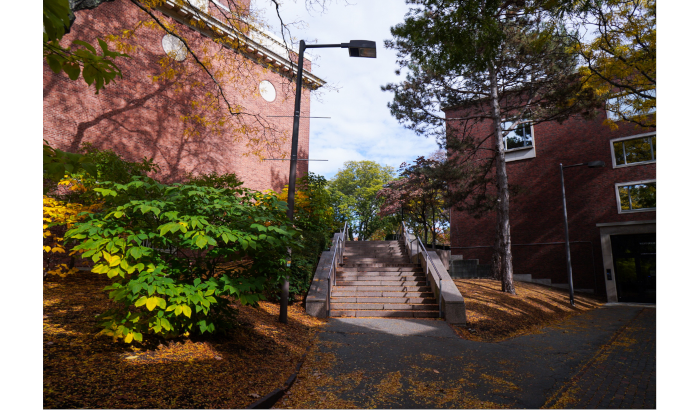“… if we reduce the affordability requirements, we risk ending up with less housing that everyday people can afford.”
In every Cambridge election cycle, we hear the same phrase: “We need more affordable housing.” It’s a commonly shared goal, but how we get there is deeply debated.
Some believe the answer is simple: just build more housing. But others, myself included, argue that it’s not only about how much we build, but where we build it, what kind of housing it is, and who it’s for. These are the three Ws: Where, What, and Who. They are essential to making housing truly affordable and accessible.
Recently, a fellow candidate for Cambridge City Council shared a personal story in an op-ed about the importance of having a roof over one’s head. I agree, stable housing is critical, and there is no single solution to the housing crisis. Upzoning may lead to more housing, and I support parts of the recent February 10th zoning changes, but will the new housing be affordable? Will it serve those who actually live here, or those that see Cambridge as an investment portfolio?
You may have heard the argument that there are more vacant homes in the U.S. than homeless people. This shows that the problem isn’t just supply, it’s distribution. Where are these homes located? What condition are they in? Who can access them?
Yes, basic economics supply and demand say more housing should lower prices. In reality, housing markets don’t follow the simple rules of Econ 101. I studied Applied Economics and Management, and the data shows that adding more supply doesn’t always bring down costs, especially in high demand cities like Cambridge.
Why? Because of induced demand: as more housing becomes available, more people want to live here, especially with Cambridge’s great public transit, jobs, and education. There’s also cost-push inflation, where construction costs, driven by rising material prices and labor shortages, push prices higher. Developers pass those costs onto buyers and renters.
Tariffs have increased the cost of materials, and the construction labor force is stretched thin.
According to the National Immigration Forum, 15% of construction workers are undocumented. With federal crackdowns, many fear deportation and avoid job sites, slowing projects and raising costs.
This means that even as we build more housing, it may not get cheaper. In fact, it could become more expensive, especially if we’re building mostly luxury units. The market is already seeing speculative demand: investors betting that Cambridge housing prices will rise in the future. That speculation drives up today’s prices. This was seen in Miami, where the expectation of growth fueled investor purchases and rising costs. Cambridge is heading down a similar path.
Some point to the City Council’s 8–1 vote approving new zoning as a representative mandate. But that doesn’t mean 89% of residents support the change. The Council didn’t poll residents before the vote. The real test of public opinion will come on November 4, when Cambridge voters make their voices heard.
This isn’t just theoretical. Many councilors who voted “yes” acknowledged the flaws in the new zoning and called it a “compromise.” The reality is that the plan risks creating a homogeneous housing supply dominated by luxury units. Even with a 20% affordable housing requirement in large developments, that still leaves 80% of new units out of reach for most residents.
Worse, developers are pushing to reduce that affordable housing requirement from 20% to 10%.
That means if a 4-unit structure is torn down to build 30 new units, only three might be affordable. That could result in fewer affordable units than we started with.
I raised this concern in a since-deleted Nextdoor post, asking members of A Better Cambridge—an organization the above-mentioned candidate previously helped lead—whether they supported reducing the 20% requirement. I didn’t get a straight answer. Even the board president wouldn’t take a clear stance. Some argued that “20% of zero is zero,” but that oversimplifies the issue.
Yes, more housing might increase the number of units overall, but if we reduce the affordability requirements, we risk ending up with less housing that everyday people can afford. And that’s not a win for Cambridge.
We all agree that affordability is a problem. I don’t own property and I’d like to someday. Many of us are in the same boat. For real problems, we need real solutions. Next week, I’ll publish a follow-up op-ed on how I believe housing should be done in Cambridge, with a focus on the three Ws. Some development is needed. But it must be the right kind of development, one built with intention, not just the sake of increasing supply. If we want a Cambridge that’s inclusive, livable, and sustainable, we need to stop pretending that luxury supply alone will get us there.
Readers are invited to submit draft opinion articles relevant to Massachusetts residents to HorizonMass at opinion@horizonmass.news. Submission does not guarantee publication.






